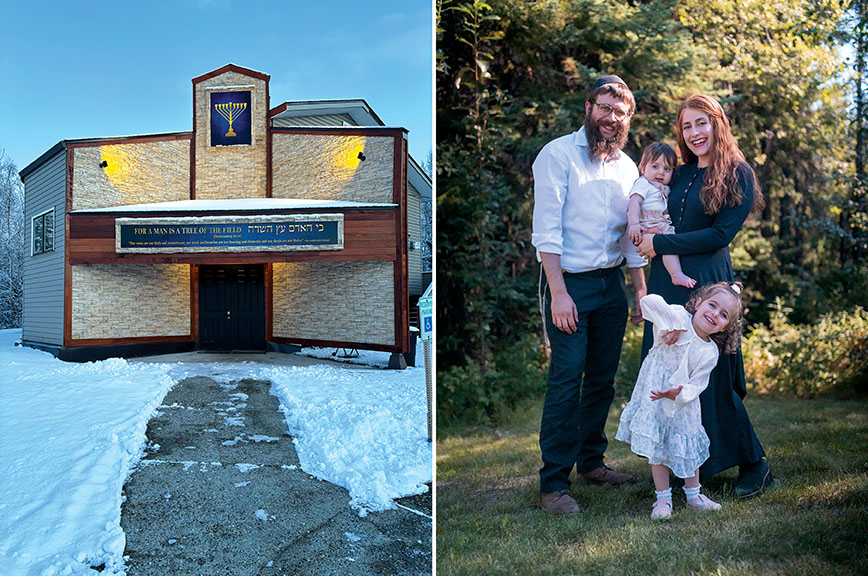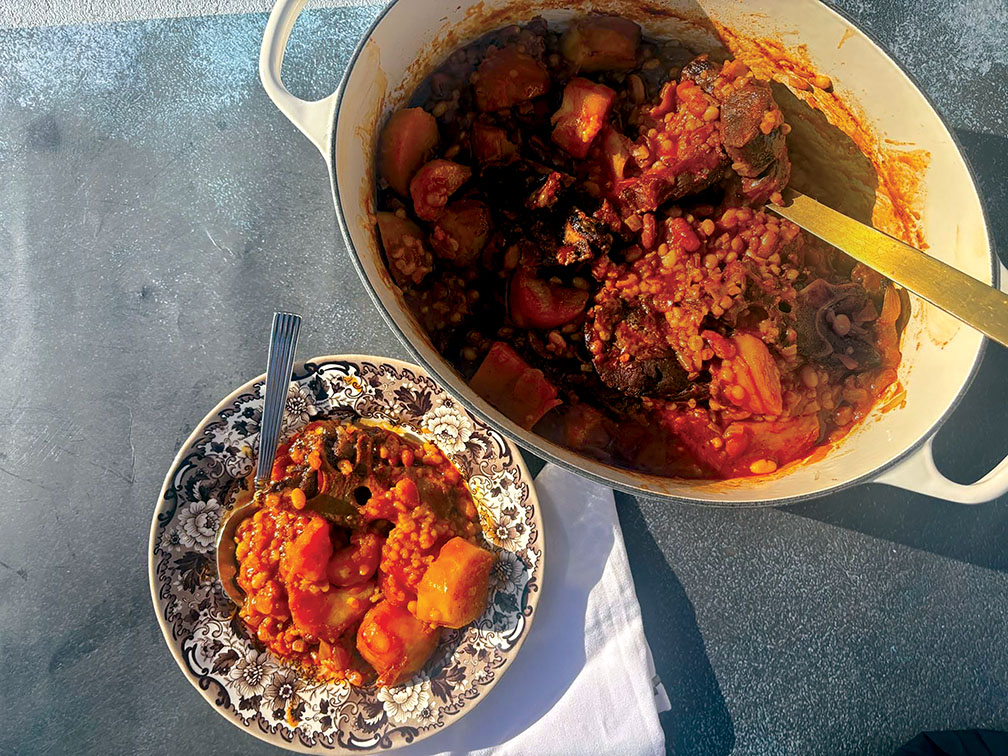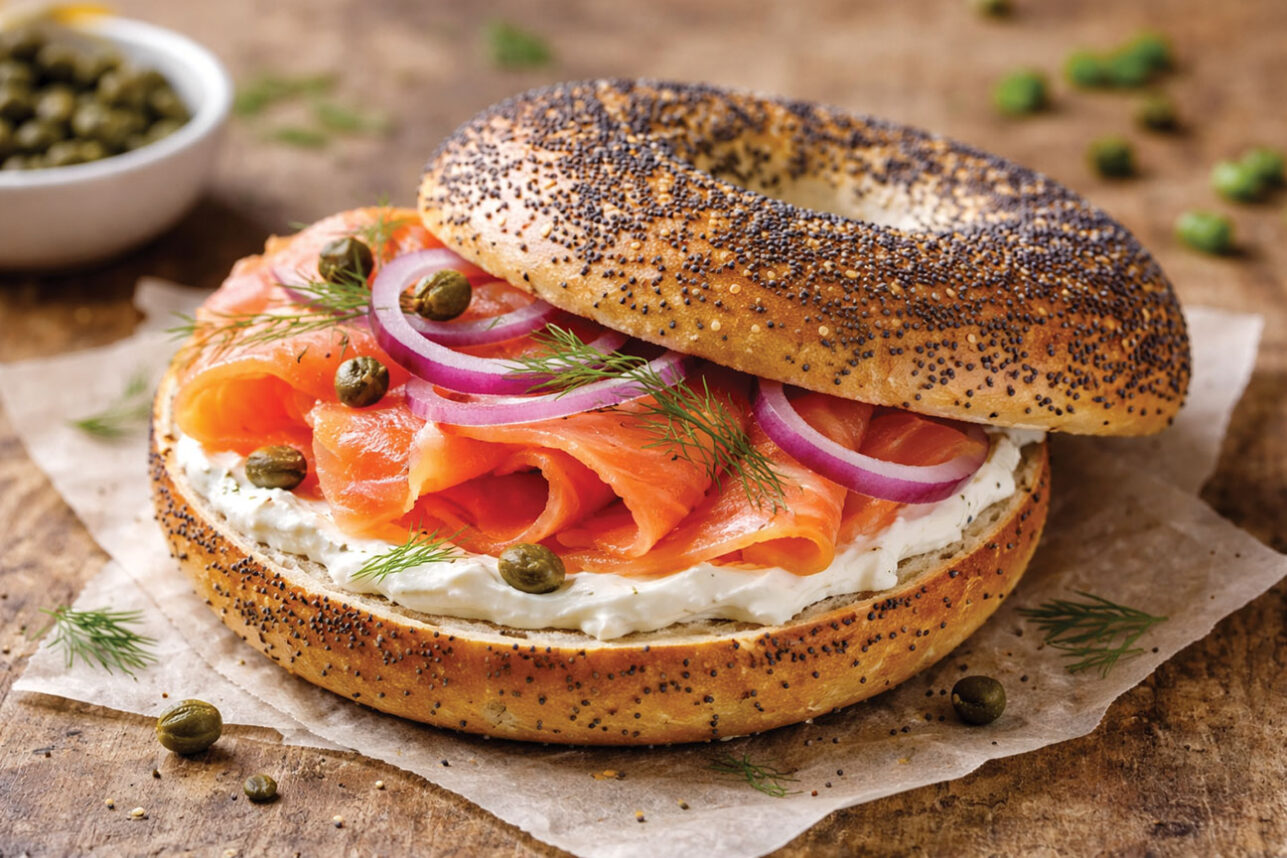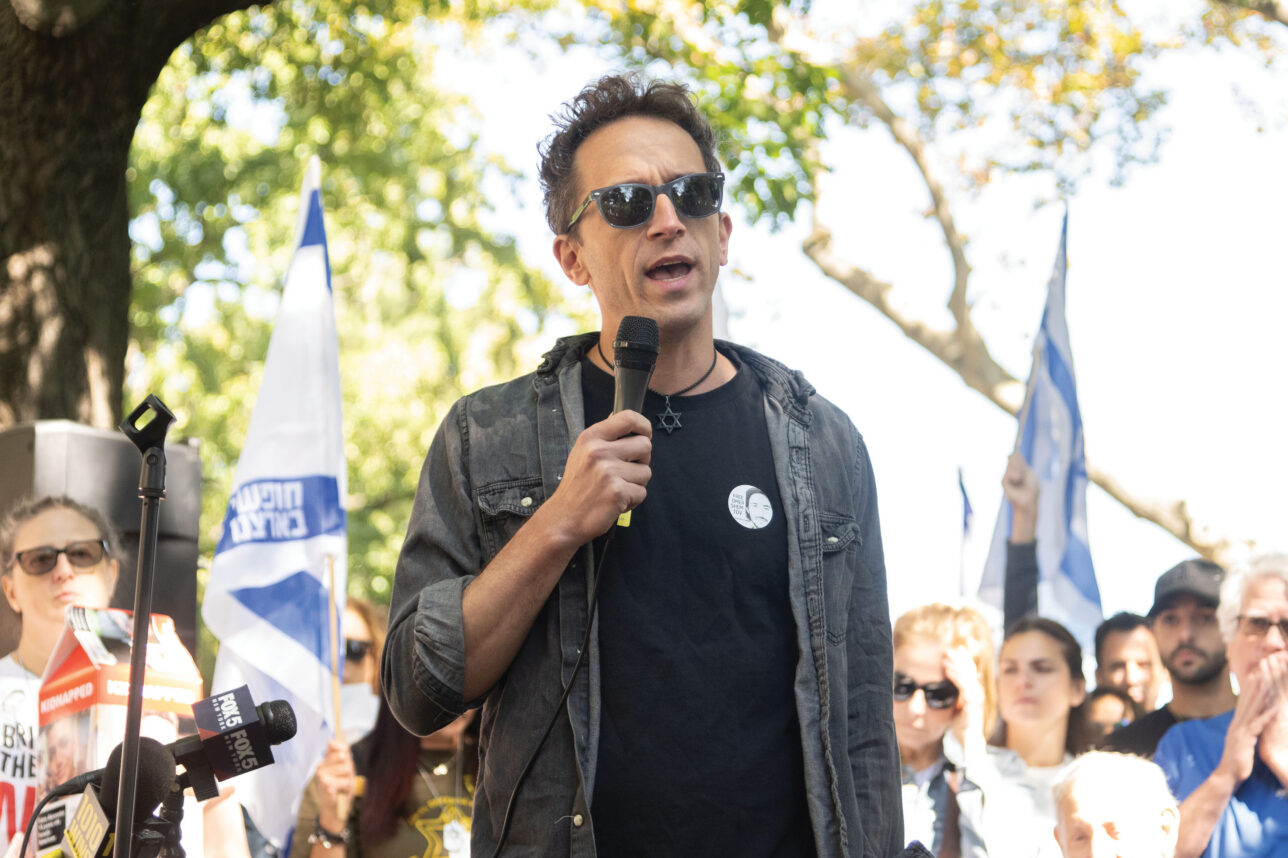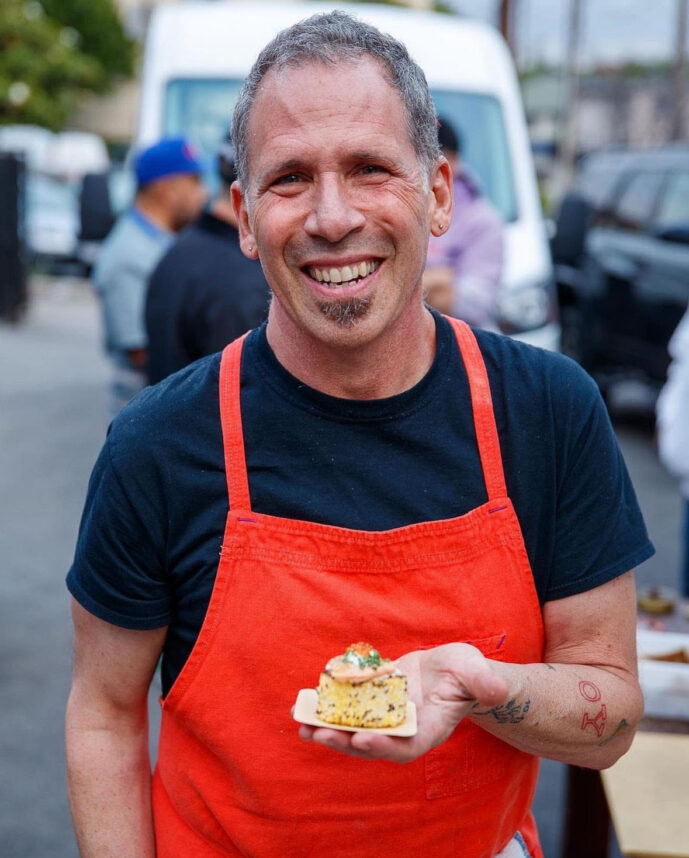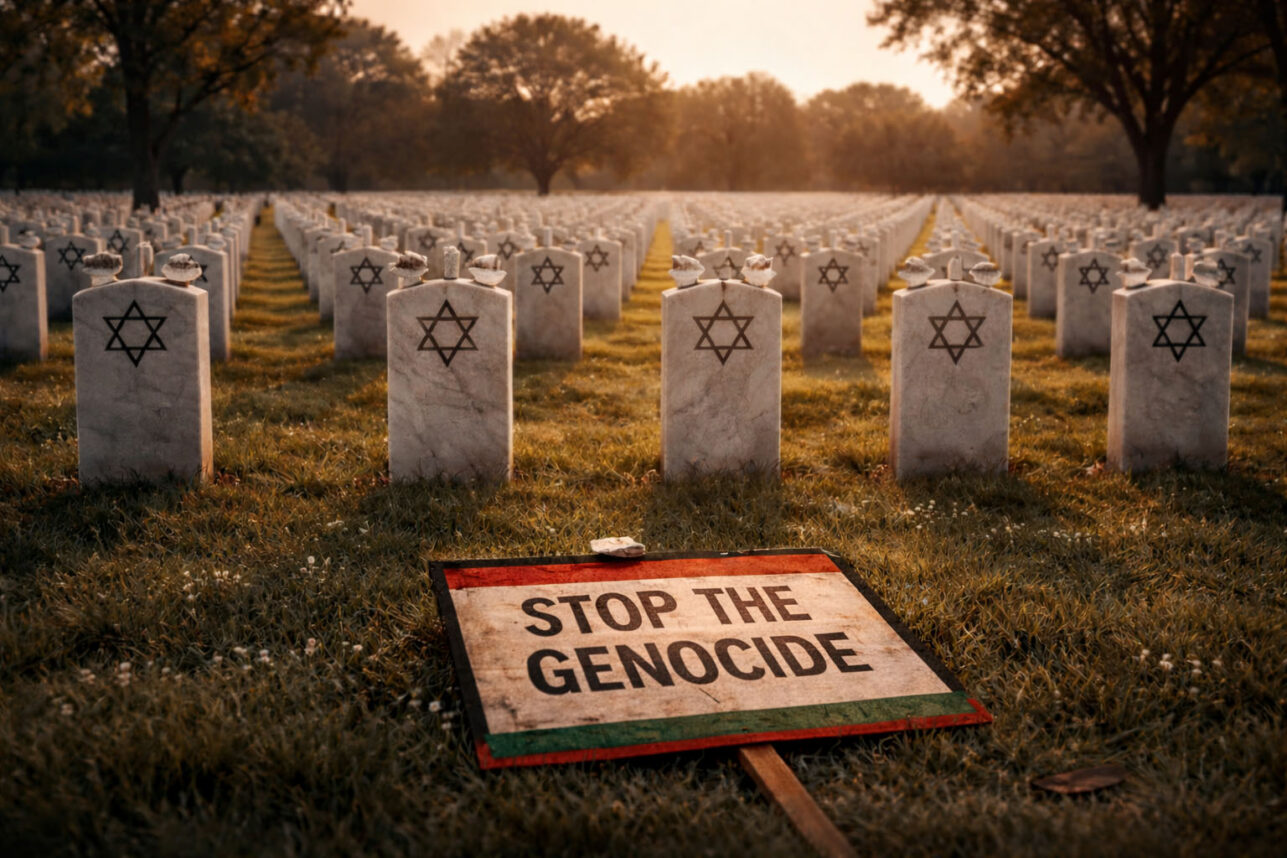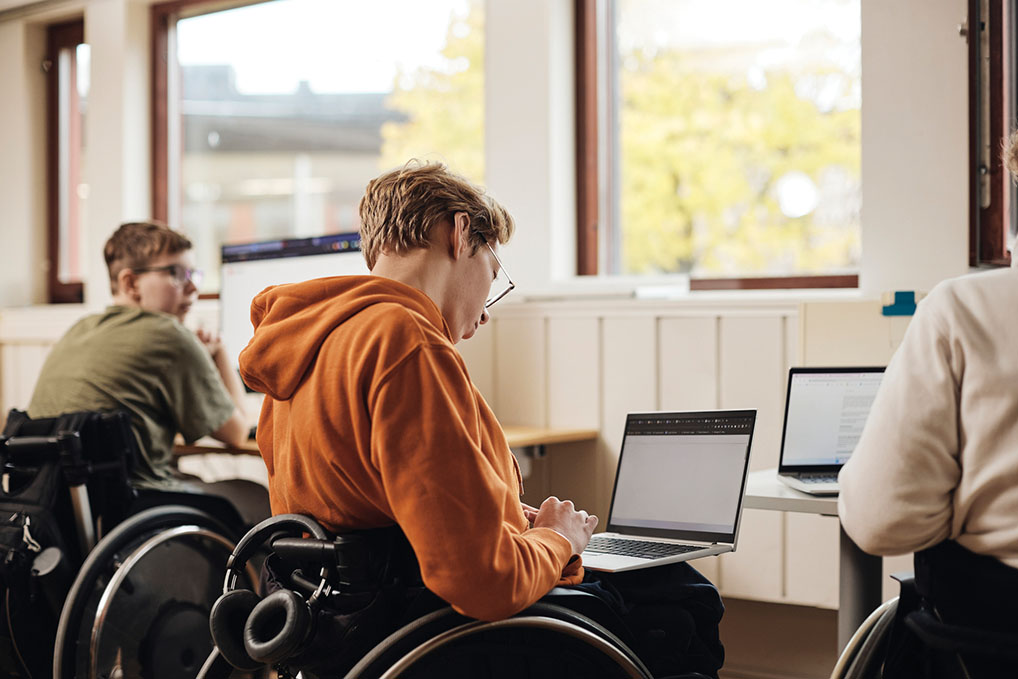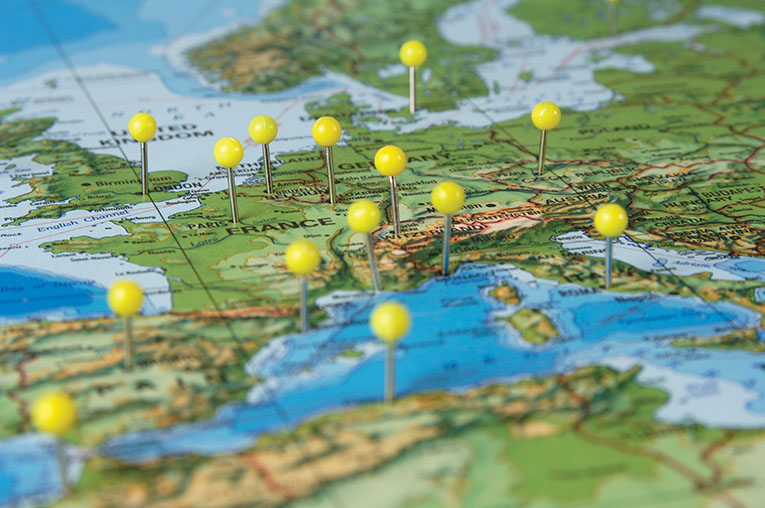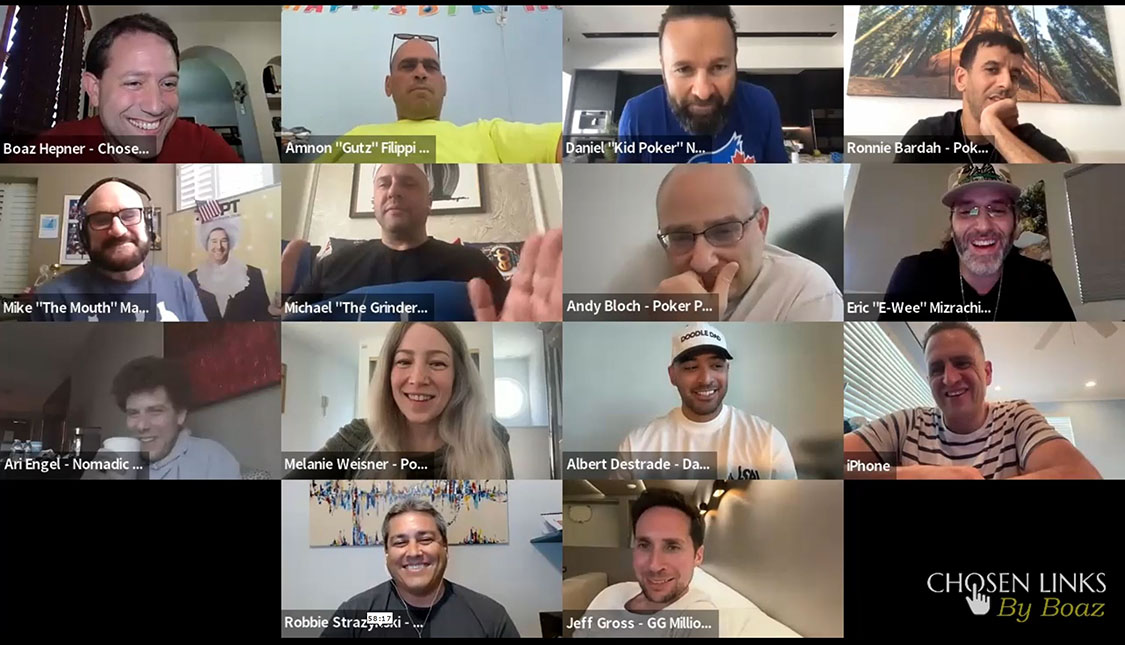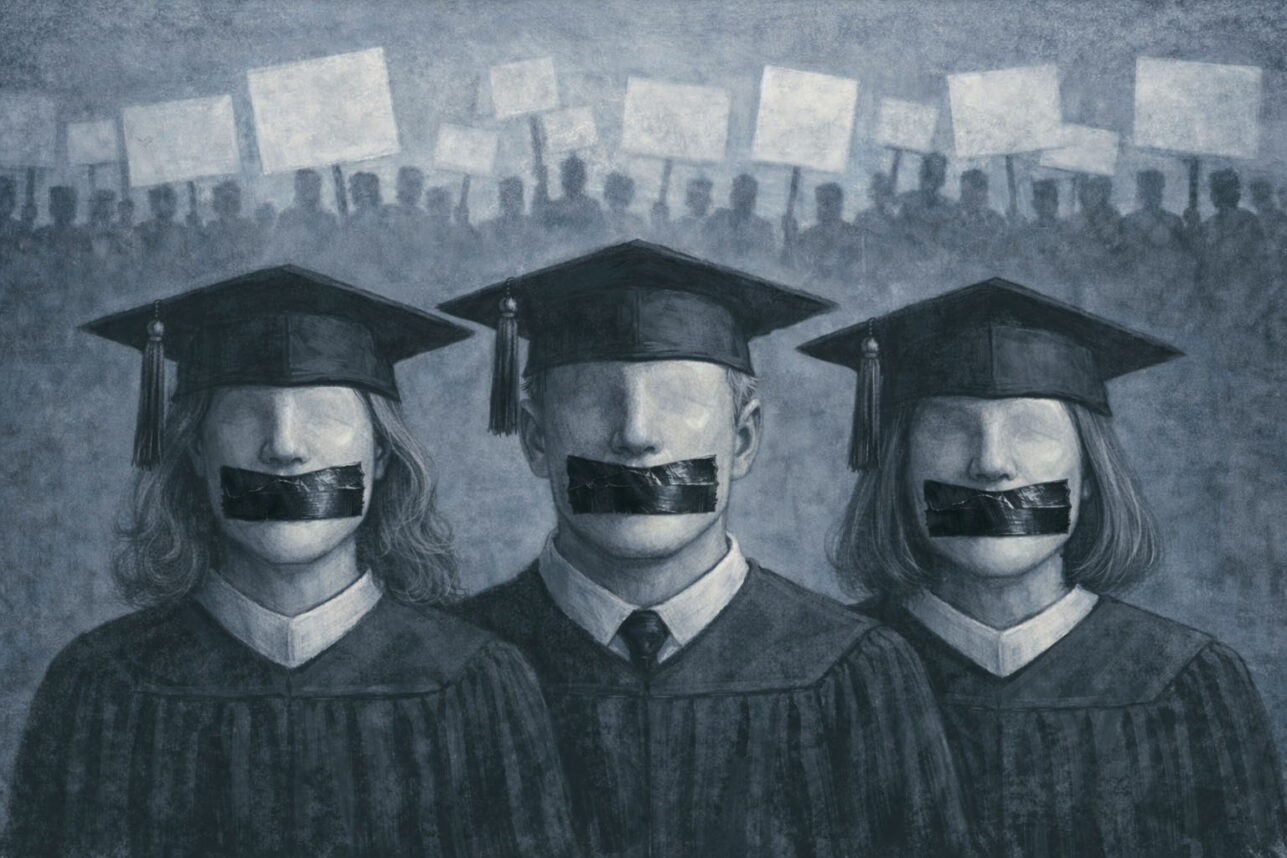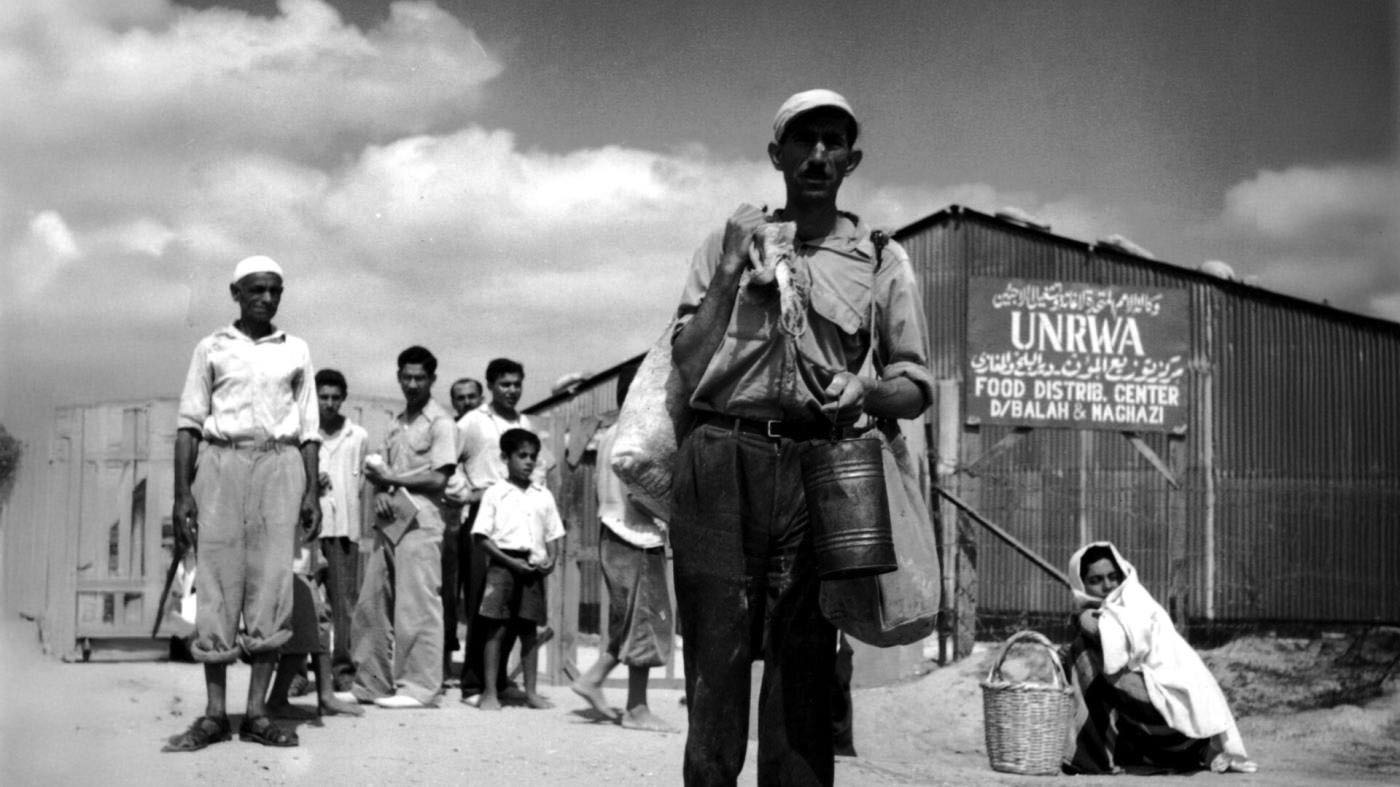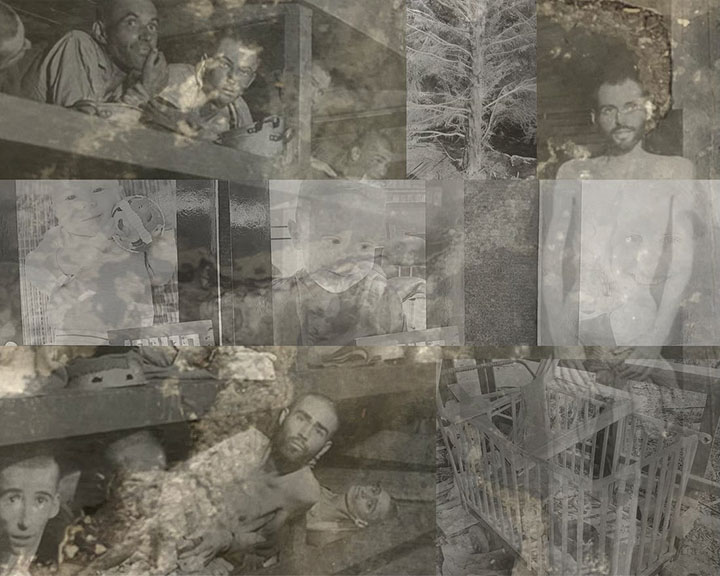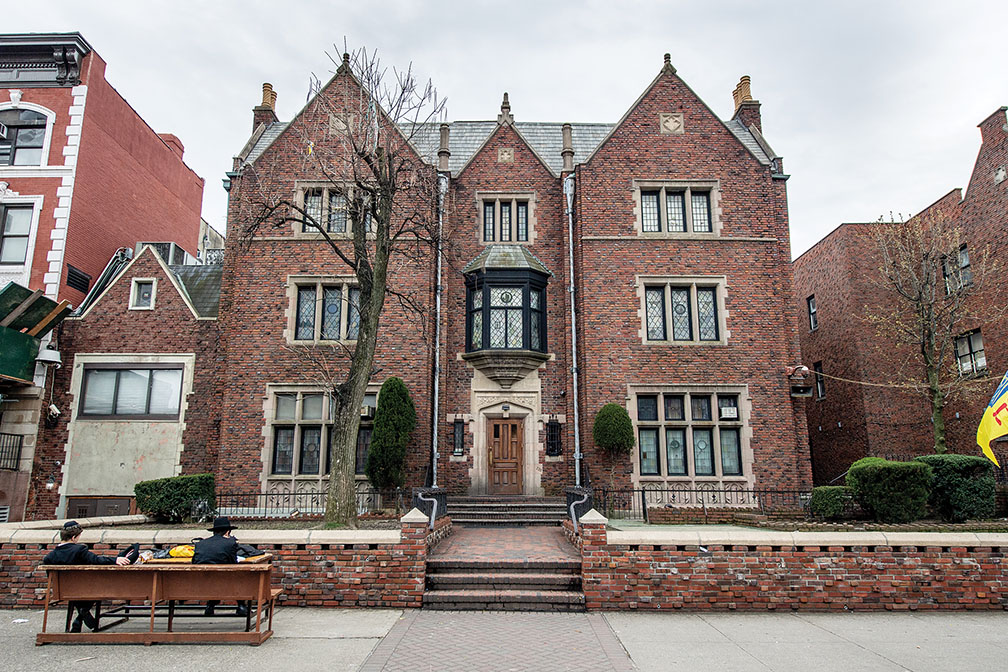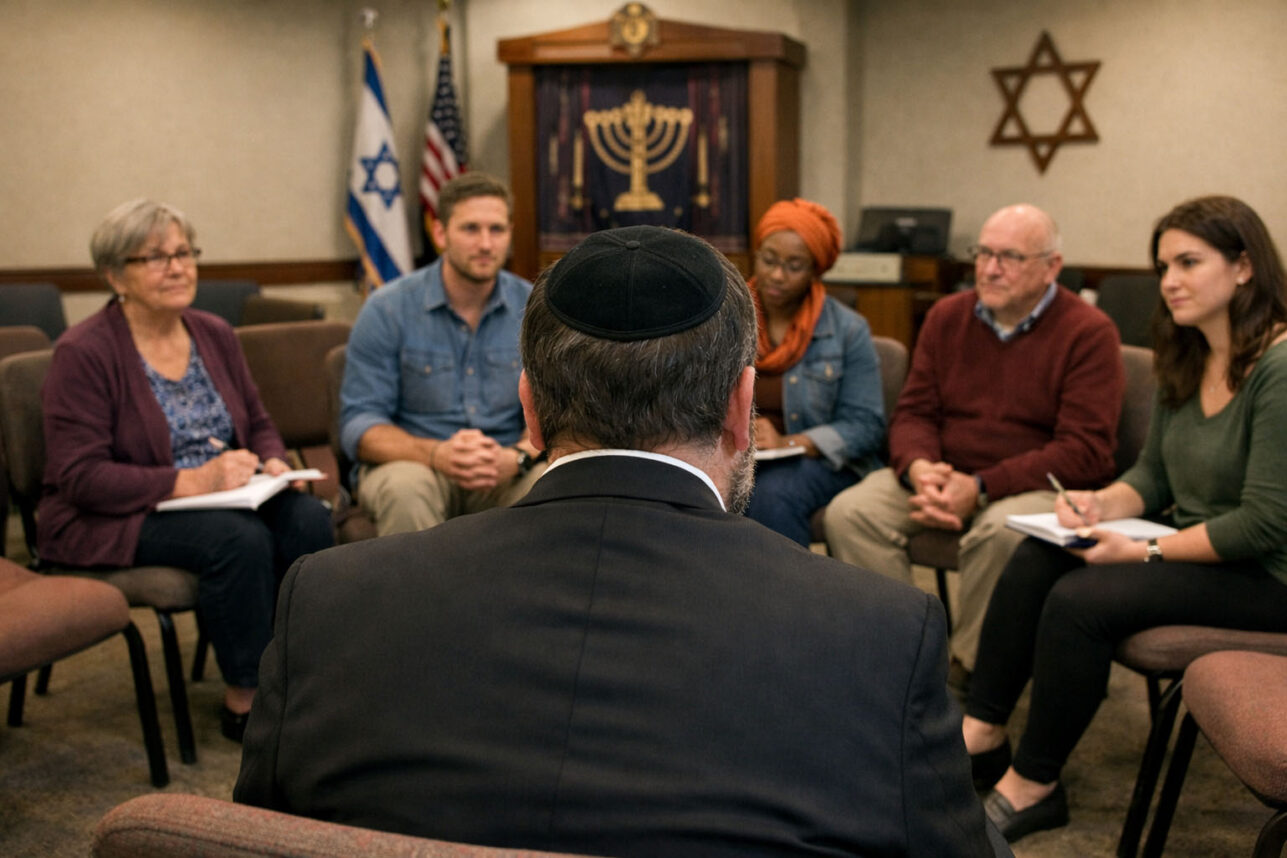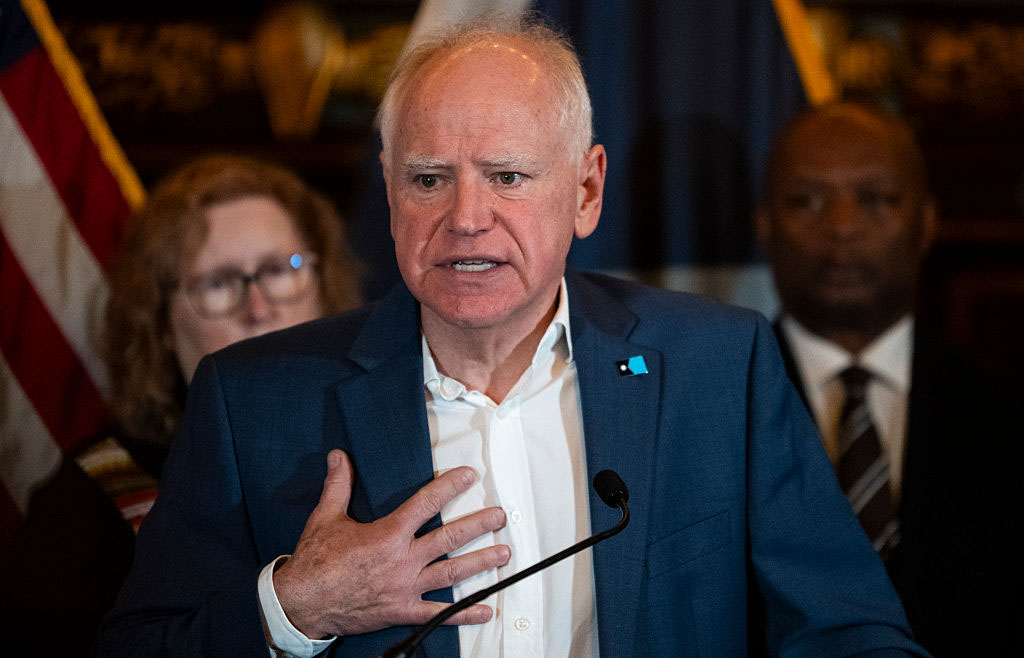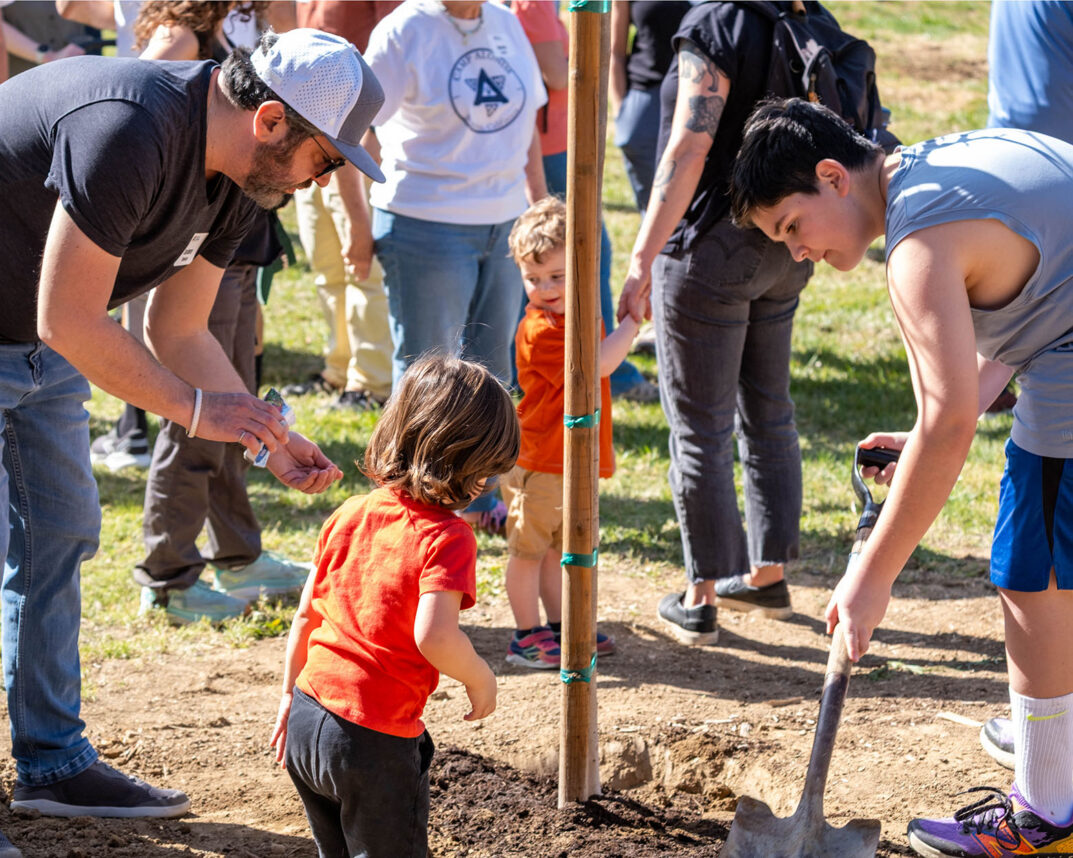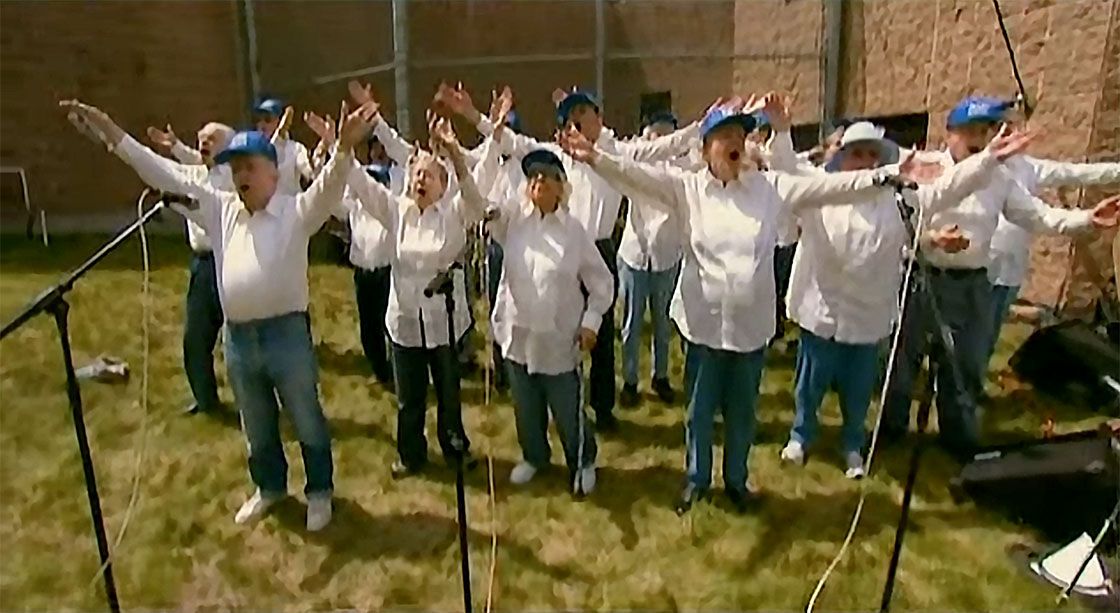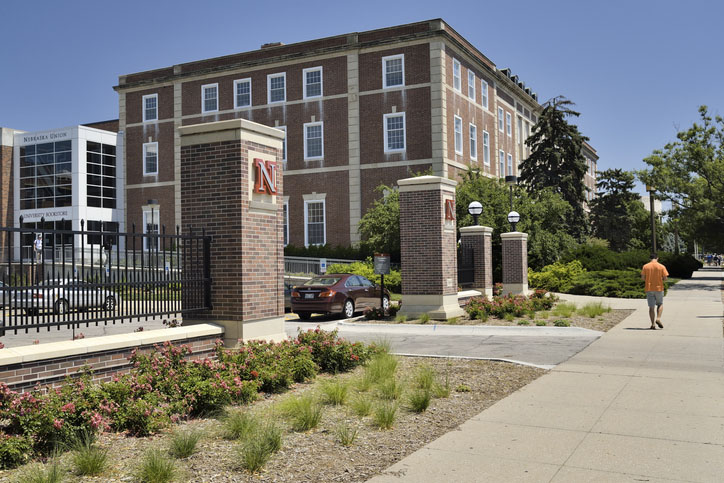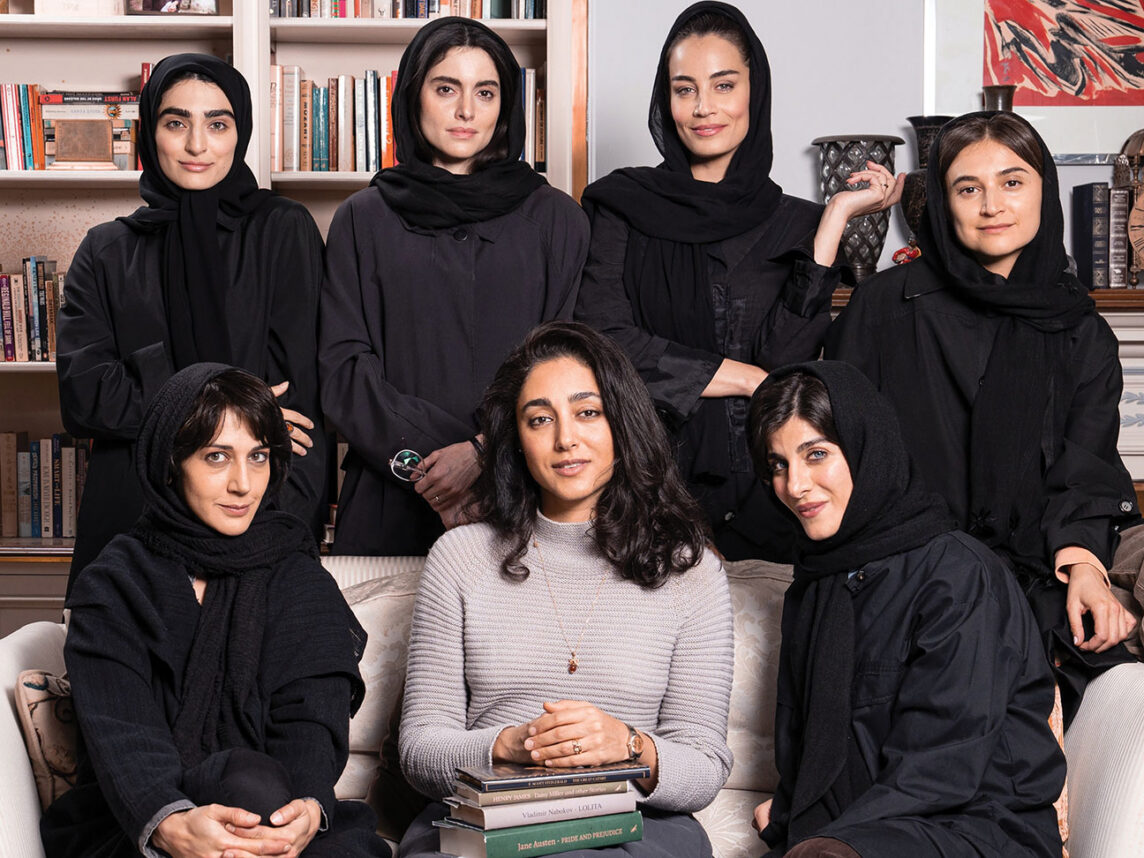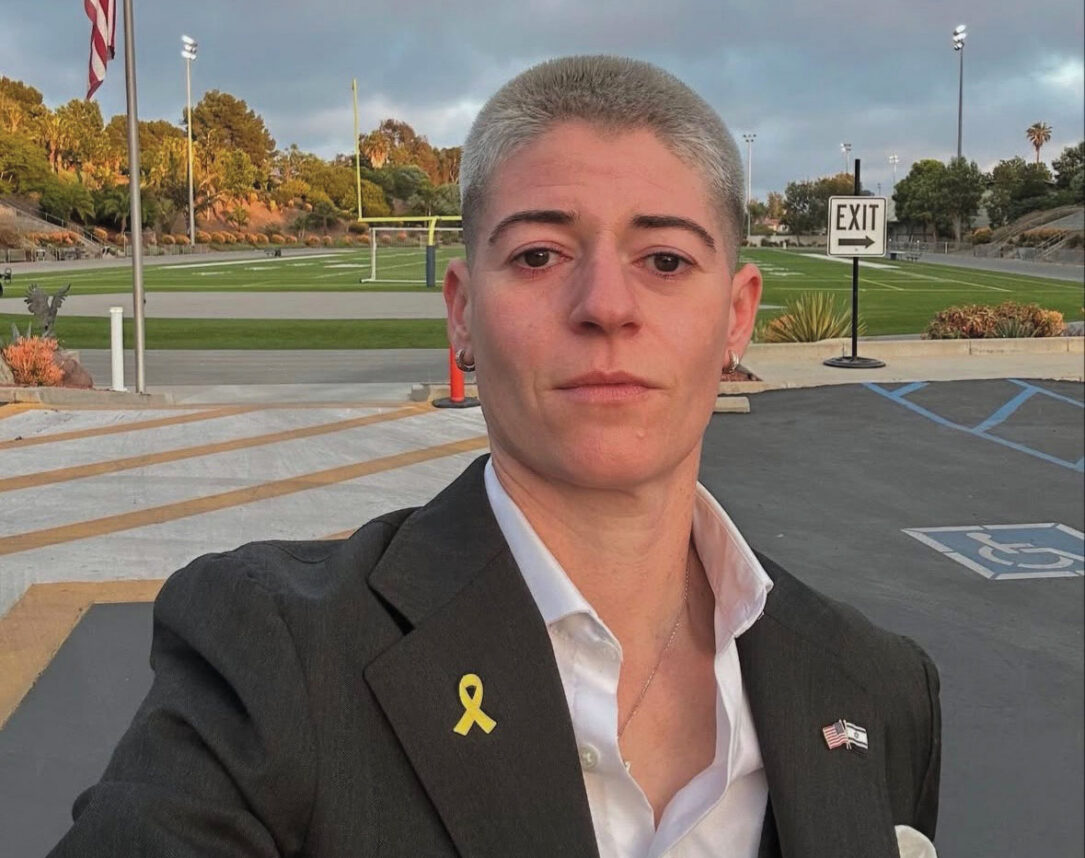
Sol Liber, one of the last known members of the Jewish resistance during the Warsaw Ghetto Uprising, died on March 21. He was 94. His legacy will live on through his three children, eight grandchildren and the testimony of his harrowing experiences at three concentration camps. His interview was number 50 of 50,000 at the University of Southern California’s Shoah Foundation.
“My father was very focused, primarily on family, work, and the Jewish people,” Liber’s son, Sheldon, said at the funeral on March 23. “He was a great teacher that shared lessons about all three [of these things] with great emphasis on personal integrity, honesty, loyalty and taking the initiative to help others.”
Liber was born in the town of Grojec, Poland, 40 kilometers south of Warsaw. He was thrust into the trauma of World War II at the age of 15 when he was drafted to fight for the Polish Army against the invading Germans. After Poland’s quick surrender, he returned home, but was soon chased out. He eventually landed with his father, mother and four siblings in the Warsaw Ghetto.
Desperate, yet resourceful, Liber would sneak beyond the walls to barter goods for food for his family. When word came the Germans intended to empty the Ghetto and disperse those who survived to death camps, Liber was led blindfolded to meet the head of the secret Resistance, Mordechai Anielewicz. He was enlisted to help smuggle children through the sewers to groups shepherding them to safety. When the Germans mounted their final attack, Liber was assigned to battle them.
“If you have the will to live, you will try anything.” – Sol Liber
After the German army prevailed, Liber and two surviving sisters were shipped on a tightly packed train to Treblinka. Once they arrived, Liber was pulled aside with 500 other men, and watched his two sisters head for the gas chambers.
He was put back on a train and sent to Majdanek. After surviving that inhumane torture camp, Liber was shipped to Buchenwald, where he spent each day in an underground munitions factory. Finally liberated by the Russians in 1945, he returned briefly to his village before making his way to Eggenfelden, a displaced-persons camp.
“My dad was both a simple and complicated man,” his son Rodney said at the funeral. “His school education was cut short at fifth grade when he was placed with a tailor to learn the trade, one he told me several times he never liked. His education on the mean streets of the world however was vast, and he wore that early experience everywhere he went and in everything he did.
“He escaped death many times, if not every day in his late teens and early 20s. He told me of at least a dozen close calls but I’m sure there were many more. He was tough and he instilled at least some of that toughness in me, which I hope has served and will continue to serve me well.”
Liber made his way to Marseilles, France, to start training to fight in Palestine, but was convinced by his cousin that it was not his fight. “You did not survive the atrocities and see your family perish to now put yourself in jeopardy. You must live on!” the cousin said. With that, he traveled to Paris, lived with his cousin and helped support the family by working as a tailor.
Liber later made the journey to Quebec to see his only surviving family member, his brother Jack, in Winnipeg. Eight months later he traveled to Montreal, where he met his future wife Bella and had two children, before moving to Los Angeles.
Years later, when asked how he survived, Liber simply said, “If you have the will to live, you will try anything.”
At his funeral, his eight grandchildren paid their respects, too. “As adults, knowing more now about his history, about the many lives he led long before our time, about the unspeakable ordeals he endured … we are filled with many emotions; pride, reverence, awe, humility,” they said. “We all want so much to honor Grandpa Sol, to repay him for all he gave us, to live up to the standard he set and to continue his legacy.”









